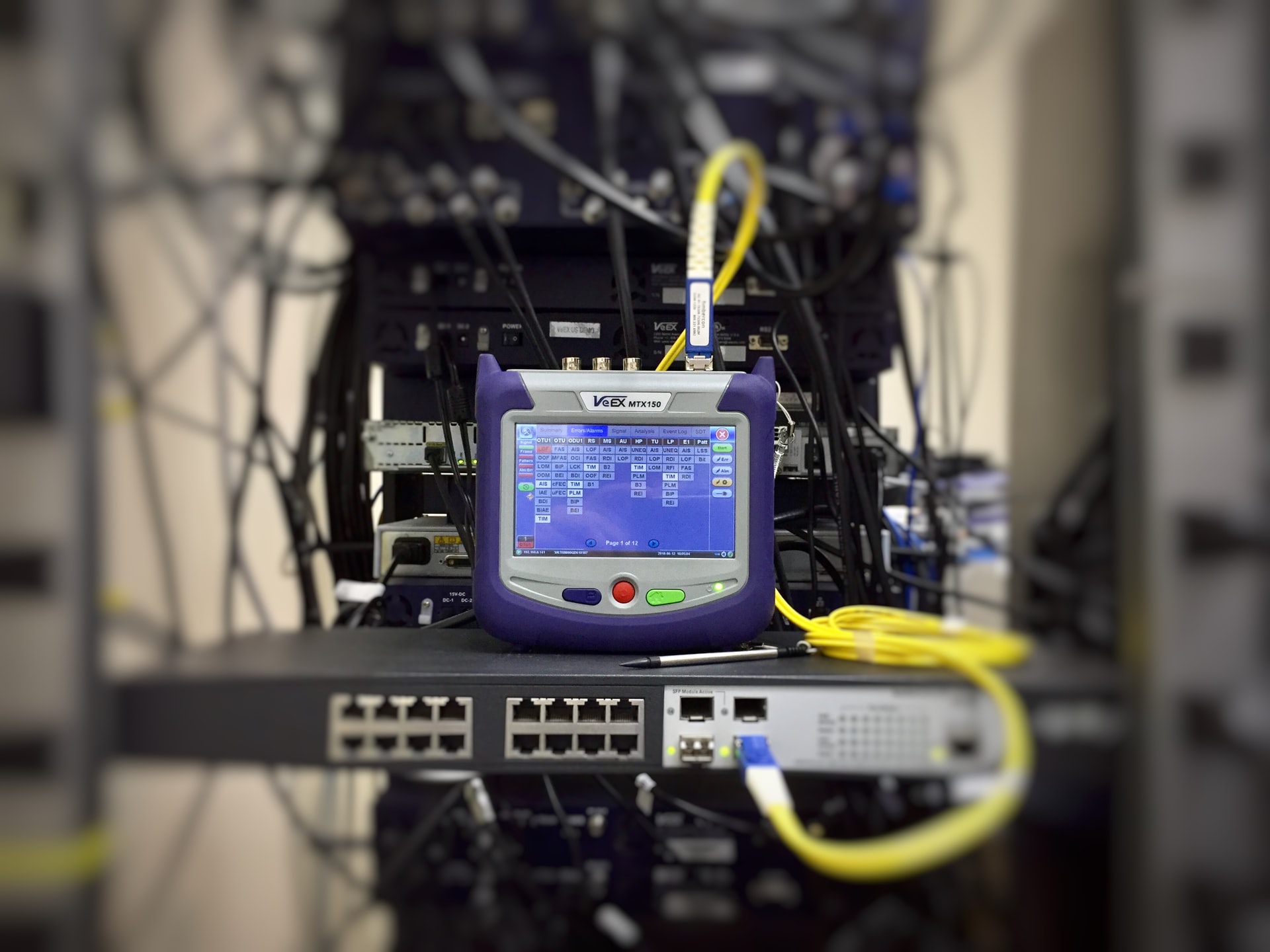If your company has decided to implement the ISO 13485 standard, you might be considering bringing in a consultant to assist with the implementation process. The wise selection of an ISO 13485 consultant is one solution that will greatly increase your chance of success and decrease your timeline in accomplishing accreditation.
If you decide to implement ISO 13485 under the direction of a consultant, we encourage you to learn about a few factors that will assist you in finding an individual to best meet your needs.
Tips to choose an ISO 13485 consultant
The first question: Is the consultant even qualified?
Of course the question of qualifications does not mean whether they have a background in medicine, although this may seem like a reasonable assumption. It means that they have a recognized organization to authenticate their experience and education.
The most common way to be credentialed as an practitioner is to be endorsed by an Accreditation Body that is recognized in the world of ISO 13485. One of the core requirements of being accredited by such an AB is to appoint a sufficient number of consultants in your specialty. To be recognized as an accredited ISO 13485 AB requires the credentials of the consultants be of the highest caliber.
You want a consultant that has been accredited by an AB to undergo a rigorous education process at an accredited institution. Consultants that have undergone programs such as the ABB or IQNet education process have been through a recognized and stringent process and have demonstrated the results of their education.
Other responsibilities of an accredited consultant include a thorough understanding of the ISO 13485 standard, the ability to recognize the proper implementation methodology (e.g. find and fix) and the ability to prove the effectiveness of their implementation methodology (e.g. through internal evaluation or peer review).
The next question: Who is endorsing the consultant?
It may be surprising to find a consultant would not list an AB. While it is true that some consultants are sponsored in the process of becoming accredited by a specific AB, just as many (if not more) are undergoing the process of being acknowledged by an independent hospital-based organization. The latter tends to have a higher degree of recognition. Hospitals are the ultimate consumers of devices. Being accredited by such an organization are of a much higher quality than being accredited by an AB that works with a specific industry (e.g. medical device).
Other responsibilities of a consultant that has been endorsed by an independent verification unit is the same as a consultant that has been accredited by an AB. However, a consultant with “Endorsement” you can trust is a consultant that is not only confident in their ability to be successful, but also adheres to the practices that make them a preferred supplier to the largest hospital networks in the world.
You want a consultant that works with a DNV, TÜV Rheinland or ECS. These organizations offer a necessary degree of independence. There are many consultants claiming to be ISO 13485 consultants that have not sought the endorsement of such a world-renowned hospital-based verification organization.
The third question: What is the cost?
When this question arises, it is important to ensure that you are comparing apples to apples. Not all consultants are equal. Some consultants charge a fixed fee. Some consultants offer a flat rate based on the number of inspectors you hire. But many consultants present a range of options based on what their services would entail.
The fourth question: How do you find out if the consultant knows the standard?
The easiest way to learn if a consulting firm is a qualified ISO 13485 consultant is to ask for some documentation from them. Get a copy of their ISO 13485 manuals that list the reason for each page and what the page contains. Sure, you can type up a list yourself and muster all the confidence in the world, but you have never implemented a standard of this complexity before and may have missed a page here and there. Your employees may not know either and may not be able to answer your questions.
Ready-made checklists sound like a great idea. The only problem is that they are not based on the implementation standard. They are based on implementation practices, but the difference can be enormous. In fact, you may be implementing processes in your company that are beyond the scope of the standard and providing false assurance to your auditor. The only way to know is to turn to an expert who has used the standard before, knows how it is applied and will help you avoid spending your time on items that apply to the standard and not the practice.
The fifth question: Does the consultant have experience in implementing the standard?
The short answer is yes, as long as the consultant has reference sites that prove they have a successful track record. This will assist you in determining whether the consultant is the right fit for your company.
The director of the quality management section of a busy, specialized hospital will always look to a consultant that has the experience necessary to implement a complex project. The hospital is looking to increase their reputation in the world of medicine. A consultant that has a track record of successful projects with hospitals comes with solid references and a level of service that is unmatched in the ISO 13485 world.
You want a consultant that has implemented ISO 13485 for hospital companies. You want a consultant that has thousands of pages of ISO 13485 experience. You want a consultant that has successfully implemented the standard in a hospital setting. But don’t be misguided by proclaimed experience. Ask to see six references that are very similar to your company. This will give you just enough weed out the unqualified consultants.
















